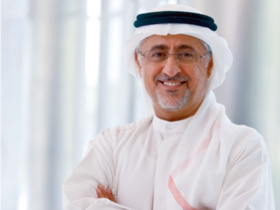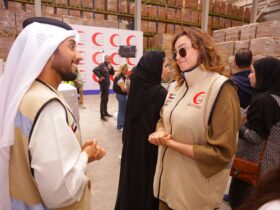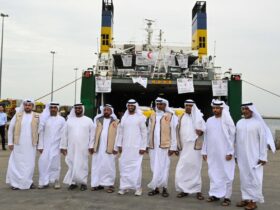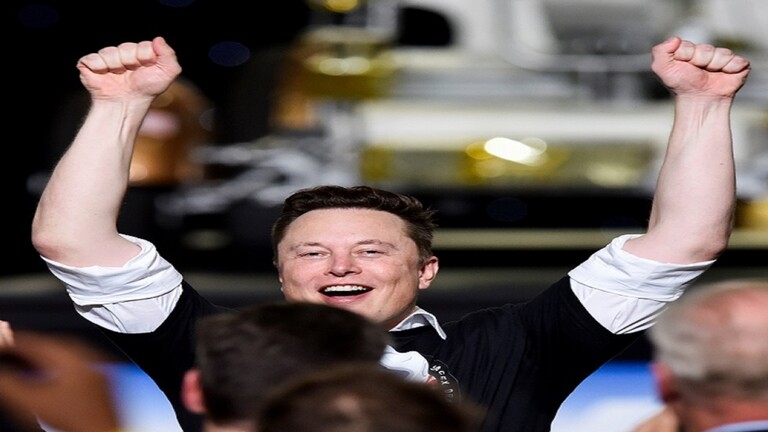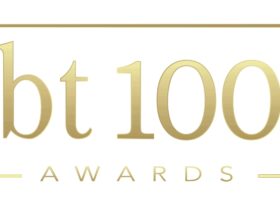Dubai – Masaader News
There are nearly 3 billion people around the world who still rely on traditional, inefficient stoves for cooking and heating their homes, which burn wood, charcoal, coal, animal dung or crop waste. The estimated health, environmental and economic cost of this continued use of solid fuels staggering: $123 billion annually. Women and children are disproportionally affected by the health impacts, and bear much of the burden of collecting firewood or other traditional fuels. Greenhouse gas emissions from nonrenewable wood fuels alone amount to a gigaton of CO2 per year – about 1.9-2.3 percent of global emissions.
Shifting to clean, efficient cooking can improve people’s health, reduce toxic air pollution, increase productivity and protect the environment. But changing cooking practices in households across the world is more complicated than it seems. It requires changing behavior and raising awareness of the benefits of clean cookstoves and fuels, as well as helping businesses to meet this demand with affordable products that customers value.
To meet this challenge, the World Bank has scaled up its commitments in recent years. It now manages a $130 million portfolio in clean cooking and heating across 13 countries – one of the largest such portfolios in the world. Working with partners, and through its Energy Sector Management Assistance Program (ESMAP), the World Bank is taking a multifaceted approach combining innovative market-based strategies, efficient stove technologies, better affordability, development of supply chains, and a focus on consumer behavior.
World Bank programs in countries such as China, Ethiopia, Kenya, Indonesia, Senegal and Uganda have already benefited 11 million people who now have access to cleaner, more efficient cooking and heating solutions.
These programs translate into countless individual stories. In Indonesia, Tami, a 24-year-old mother of two started using a Keren Super Stove as her primary cook stove with help from a program supported by the World Bank. She is now able to spend more time with her family and less time cooking and fuel collection. Yeni, another Indonesia woman who was formerly using kerosene, purchased a clean cookstove, and is now saving enough money to send both of her children to school.
Through results-based financing (RBF), the World Bank has helped private companies to enter the clean cookstoves market in China, Mongolia, Lao PDR, Bangladesh, Uganda, and Kenya. In Indonesia, a pilot project provided incentives to 10 private suppliers to distribute 10,000 clean cookstoves. New technologies and delivery models are giving a push to the entire sector. Several international stove manufacturers have advanced designs and performance levels of biomass stoves that can substantially reduce emissions of pollutants known to cause serious health issues.
The emphasis now is on high quality standards and cleaner fuels, such as gas, that can yield significant health and climate benefits. In Lao PDR, a World Bank RBF program aims to introduce 50,000 “super clean stoves,” the most advanced gasifier stoves available that meet World Health Organization standards for indoor air quality. A recent study looking at the health outcomes of low-emission cookstoves in Lao PDR found that when used exclusively, the stoves reduced average kitchen pollution, fuel consumption per person and cooks’ exposure to air pollution. The study also found that long term usage of these stoves could reduce premature deaths by more than 20 percent.
Maximizing finance in the sector is also a priority. The World Bank, is leveraging additional funding from other partners to bridge the gap that will be needed to ensure that clean cooking is making a substantial development impact.
For example, the Carbon Initiative for Development (Ci-Dev) has signed purchase agreements for $37.8 million in GHG emission reductions from six clean cooking projects in Africa, which are expected to benefit more than three million people in 670,000 households, while helping to mobilize another $74 million in private sector financing.
Through supporting local cookstove initiatives, the World Bank is also helping improve livelihoods at the ground level. In Bangladesh, World Bank support to a program managed by IDCOL (Infrastructure Development Company Limited) helped to install one million clean stoves in homes by January 2017, nearly two years ahead of schedule. In the process, jobs were created as the stoves were made by local entrepreneurs and sold by local partner organizations.
Many of the lessons learned from these and other successful examples across the world can now be shared with exerts and practitioners across the world through a newly-launched Community of Practice, a global virtual platform open to the public, recently launched by ESMAP and the Global Alliance for Clean Cookstoves.




